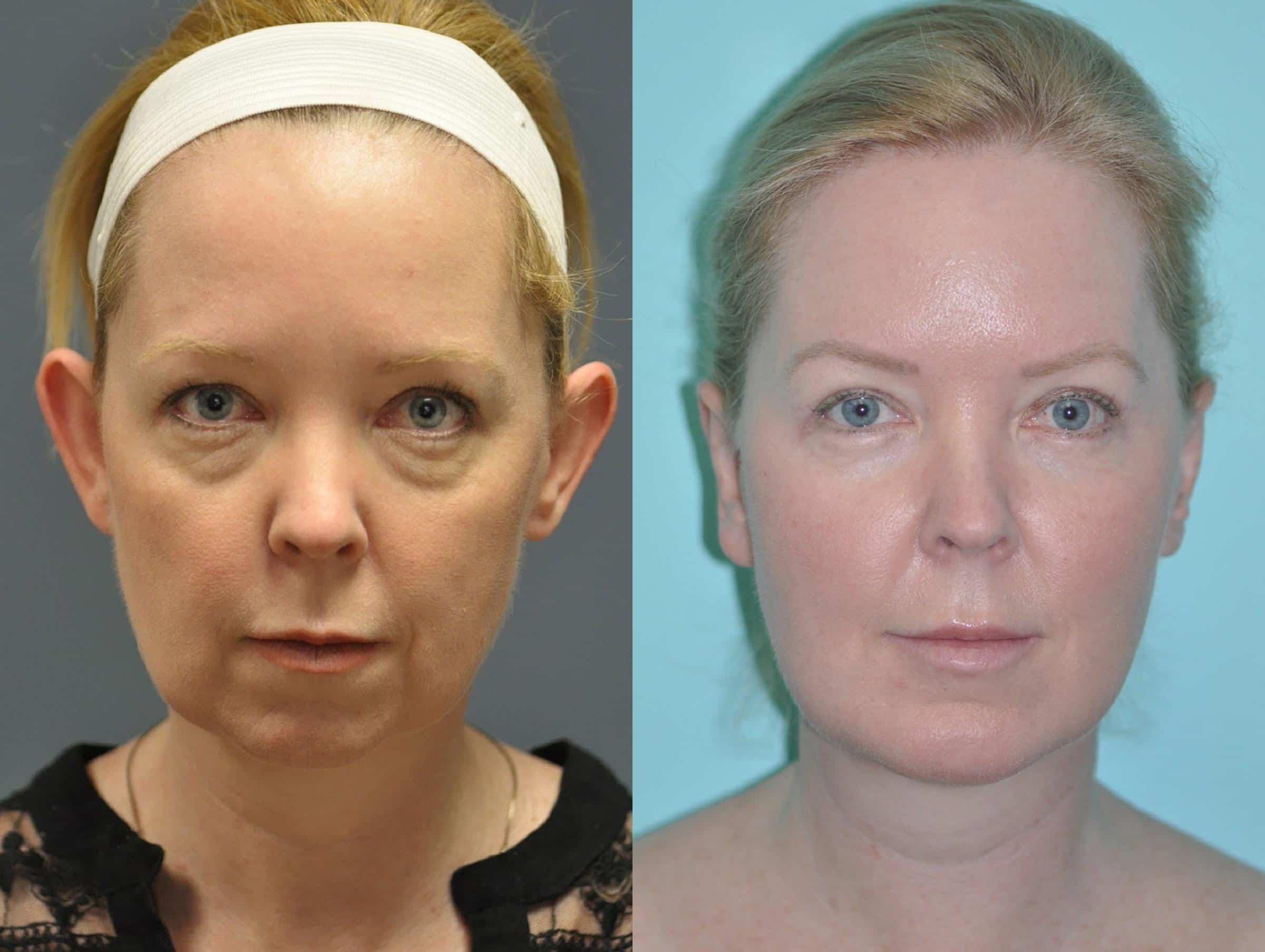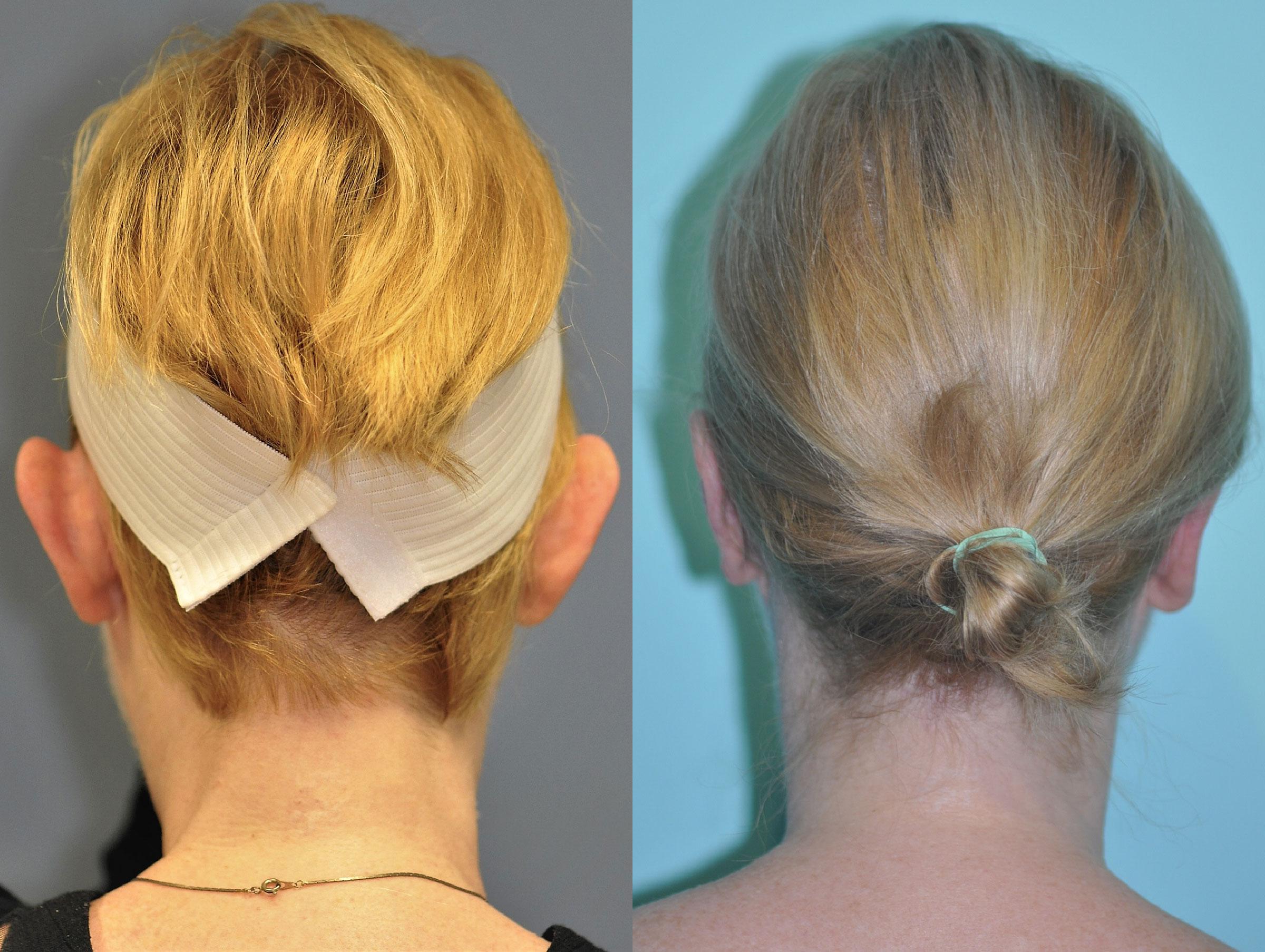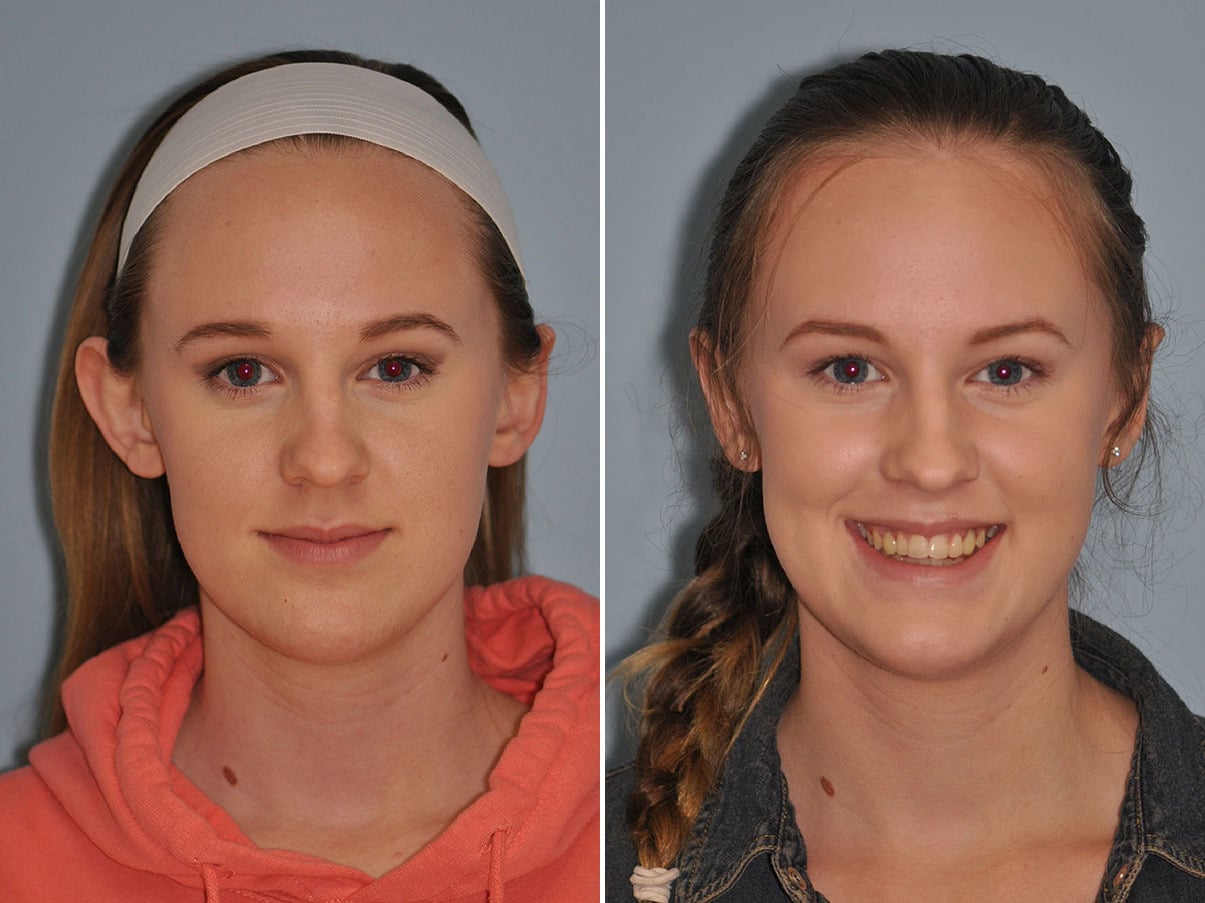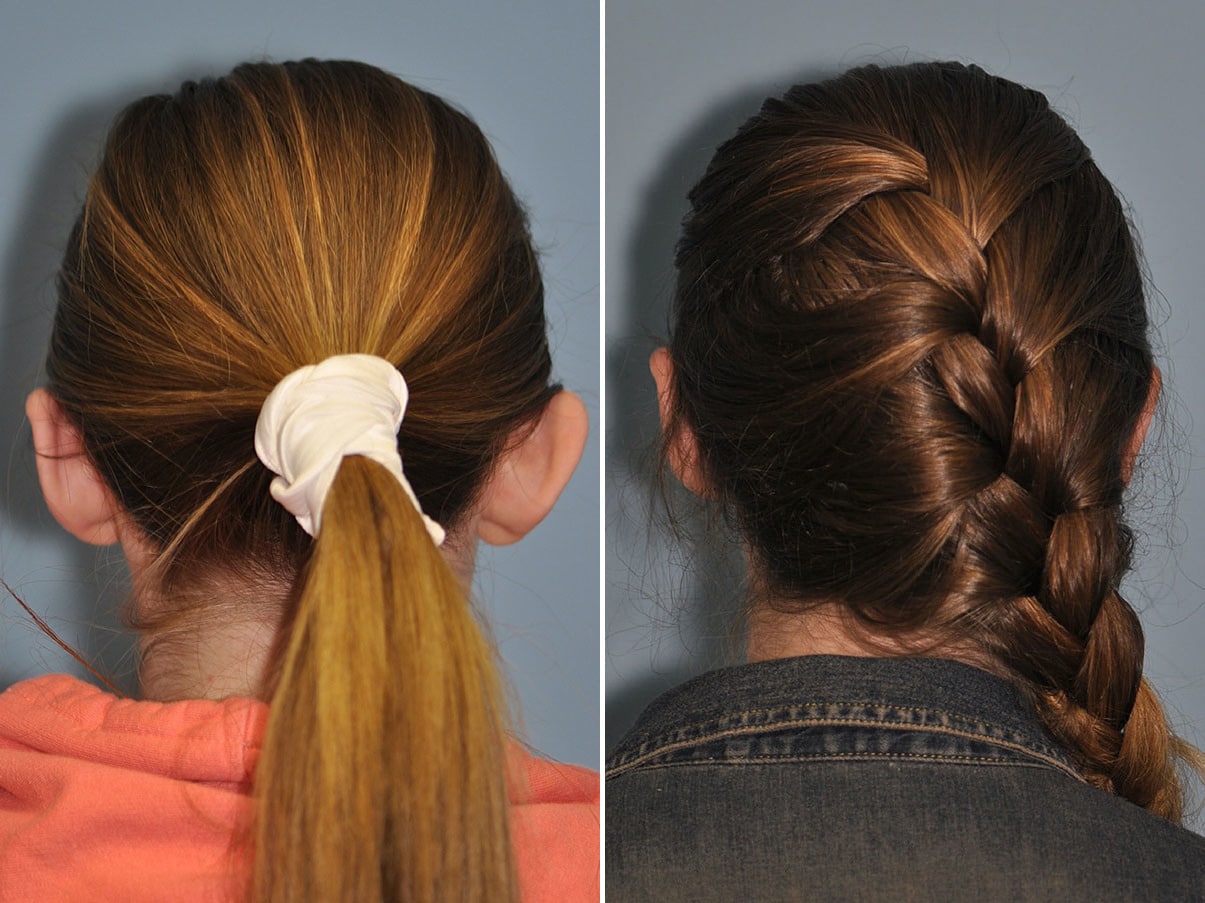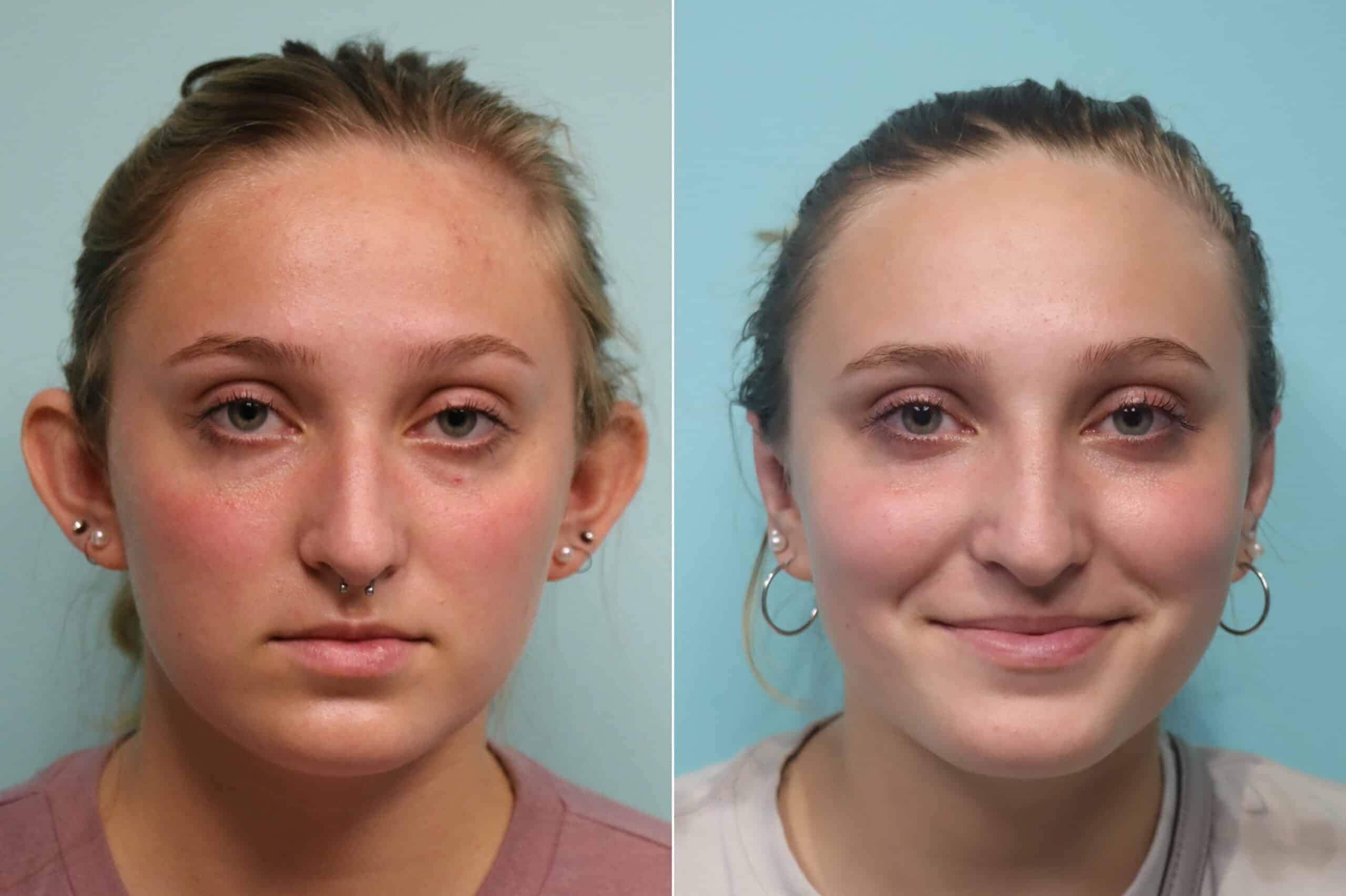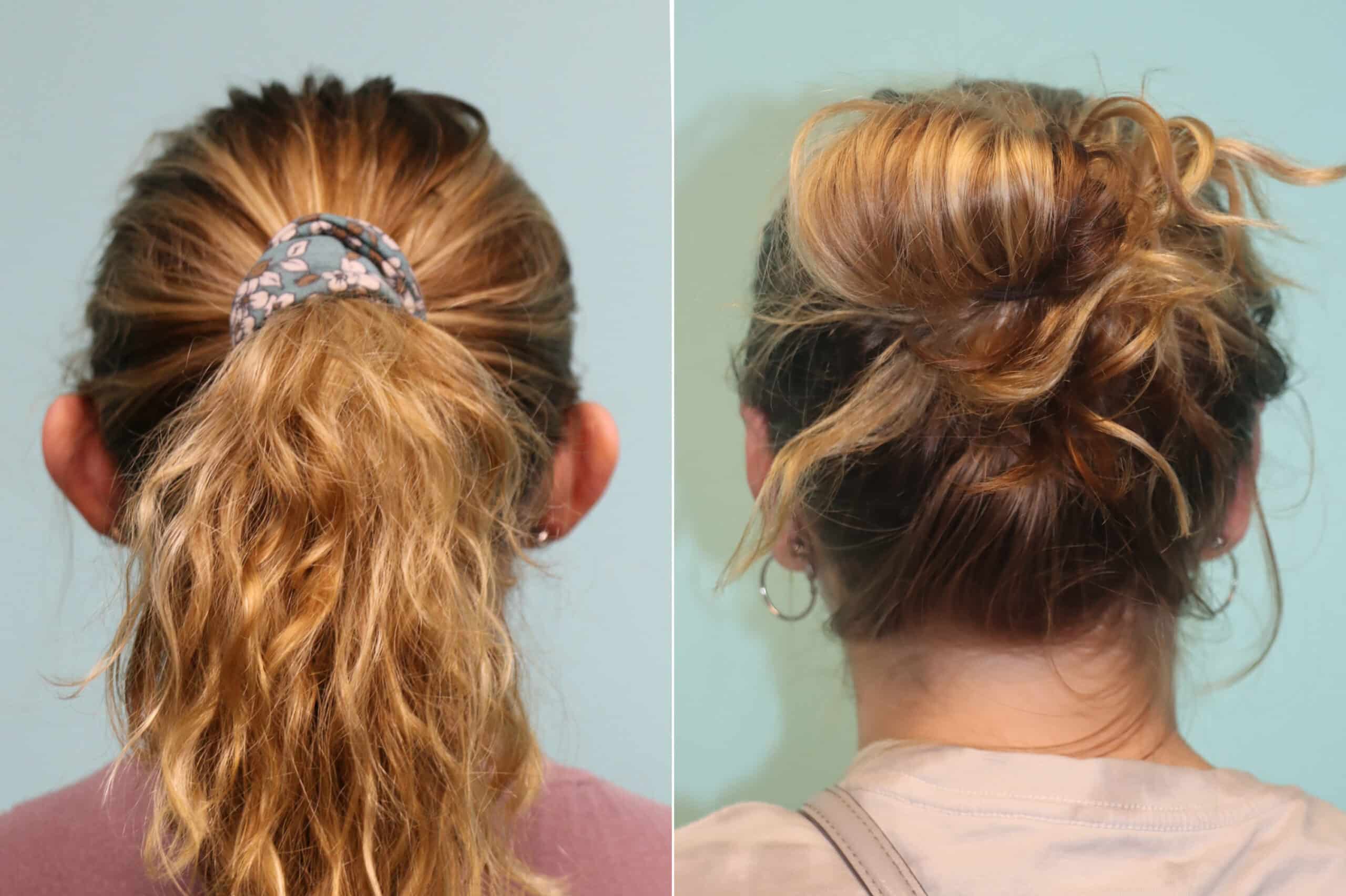Otoplasty in Virginia, Washington D.C. and Maryland.
Embark on a journey of aesthetic excellence with The Naderi Center. Experience unparalleled artistry and precision for transformative beauty.
Enjoy a Balanced Look with Otoplasty Benefits
Otoplasty, also known as Ear Surgery a cosmetic procedure designed to improve the appearance of the ears, offers several compelling benefits. Beyond correcting ear irregularities, it boosts self-esteem and social confidence.
Symmetry Enhancement
Achieve balanced ear proportions, enhancing overall facial harmony and aesthetics.
Renewed Confidence
Gain newfound self-assurance as the procedure resolves long-standing ear-related concerns.
Customized Results
Tailored surgical approaches ensure natural-looking outcomes that complement individual facial features.



What is Otoplasty?
Otoplasty, recognized as ear pinning or setback surgery, is a cosmetic procedure that enhances the visual alignment of ears, addressing concerns like ear protrusion or oversized ears. During the procedure, the skin and cartilage behind the ears are reshaped, and the size and shape of the ears can be altered as well. Prominent ears can cause self-esteem issues in both adults and children. Many parents are rightfully concerned that their child may be made fun of and that the affect of this bullying can lead to more long term self confidence issues. Children under the age of 5 have still not fully developed their ears, therefore, correction is usually done on children starting from the age of 5 and up.
Otoplasty Summary

Minimal
General Anesthesia
1 to 2 hours
Hidden incisions which are located behind the ears are used for the procedure
7 to 10 days
1 week
Most activities by 2weeks
$7,500 – $9000
Ideal Candidates for Otoplasty
- Is a child or adult with protruding ears
- Is an individual with misshapen, large, or asymmetrical ears
- An individual where ear size and shape is limiting hairstyles as well as comfort with wearing different accessories
- A healthy individual without medical conditions that can impair healing or increase risk of cosmetic surgery
- Is a non-smoker

Otoplasty Surgical Techniques
At The Naderi Center your otoplasty or earlobe repair procedure will be performed at an accredited outpatient surgical facility or hospital. The surgery usually lasts for one to two hours and is commonly conducted under the effects of general anesthesia.
Cartilage Molding Techniques vs. Cartilage Breaking Techniques
With this plastic surgery, the two main techniques involved include the cartilage molding technique and the cartilage breaking technique. Cartilage molding involves no excision of ear cartilage and relies more on suture placement to pin the ears back. The cartilage breaking technique involves excision of excess ear cartilage in order to reshape as well as pin the ears to a less protruding position.
Converse Technique
The converse technique is more beneficial towards adults with tougher cartilage and provides more permanent retraction of the auricle and correction of the antihelix. Within this technique, an island of cartilage is excised which sets anterior to the rest of the conchal cartilage.
Cartilage Molding Technique: Furnas Technique
The Furnas technique is for the correction of an overdeveloped conchal bowl and well-formed antihelical fold. The result of this technique will allow permanent retraction of the auricle as it will be sutured to the mastoid fascia. This technique may be performed in conjunction with the Mustarde technique, specifically when the antihelical fold is underdeveloped.
Farrior Technique
The Farrior technique involves partial thickness incisions along the rim of the conchal cartilage. This method produces a gentler bend to the antihelix.
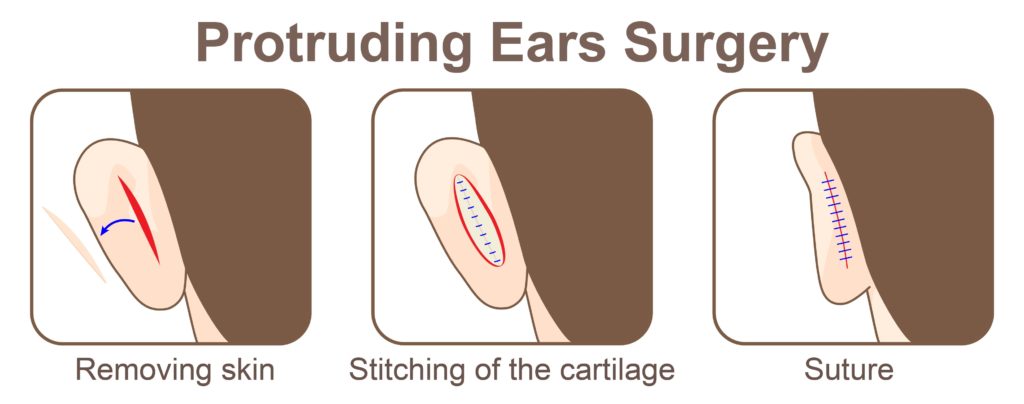
Cost of an Otoplasty
There are a variety of factors that determine the overall cost of your Cosmetic Ear Surgery.
- Surgeon’s Fee: $7,500-$9,000
- Anesthesia Fee: depends on the length of the procedure
- Hospital and Surgical Facility Fees: depends on the length of the procedure
- Pre-Surgical Medical Clearance and Lab Tests: usually covered by medical insurance
- Medical Costs: usually covered by medical insurance
- Follow-Up Visits: included with surgeon’s fee at The Naderi Center
Preparation for an Otoplasty
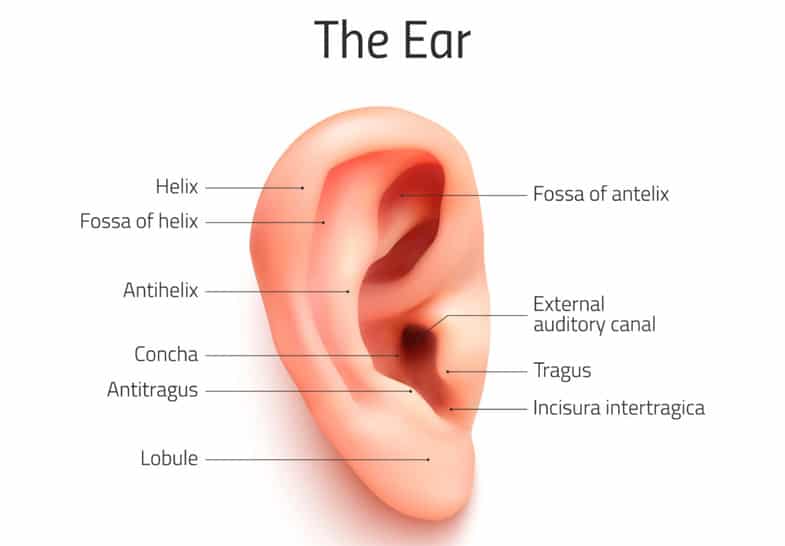
At The Naderi Center we believe the success of your otoplasty procedure can be improved with proper patient preparation. We go above and beyond to make sure that our Otoplasty patients are medically, emotionally, and physically ready for surgery.
Testimonial
“Dr. Naderi and his staff were excellent from start to finish. He is an expert at his craft and provides the vision and confidence for an excellent and realistic outcome. Grateful for his expertise!”
Google review
Recovery after an Otoplasty
Recovery after otoplasty generally takes seven to ten days. Patients may experience some discomfort days after surgery, as the ears may throb or ache for the first few days, though pain medication can easily control this discomfort. Swelling, redness, and numbness may occur. Dressings applied after surgery are removed after one to two days and will be replaced with a sports headband which is worn for up to one week during the day and two to three weeks at bedtime. Stitches dissolve in about seven to ten days. Most patients are able to return to work or school within a week, though more strenuous activities and contact sports will need to be postponed for longer.
Otoplasty Risks
While the risk of complications in otoplasty is rare, there are certain associated risks. These complications can be minimized through careful patient selection, preoperative preparation, diligent surgical technique, and adherence to postoperative instructions, prescription medications, and care. At The Naderi Center, our otoplasty expert, Dr. Shervin Naderi, routinely performs this procedure on both children and adults. During the consultation, as well as during the preoperative appointment, Dr. Naderi will thoroughly review all risks associated with the procedure. Some may include:
- Bleeding (hematoma)
- Asymmetry
- Poor wound healing or keloid formation
- Skin contour irregularities
- Skin discoloration
- Anesthesia complications
- Unfavorable scarring
- Possibility of revision surgery
- Pain
Otoplasty Specialist, Plastic Surgeon Dr. Shervin Naderi
Dr. Shervin Naderi is a double board-certified plastic surgeon who specializes specifically in face and neck surgery. Dr. Naderi exclusively performs a handful of procedures on the face and performs them routinely and expertly. An initial consultation with Dr. Naderi is an important part of the otoplasty process. During your consultation, Dr. Naderi will obtain and review your complete medical history and examine your ear shape, size, and symmetry. He will then have a very thorough discussion regarding goals and surgical outcomes and options.
If you are wondering whether or not you’re a good candidate for this procedure or are interested in learning more about this surgery, contact our office today to schedule a private consultation. Call our Reston, VA office at 703-481-0002 or our Chevy Chase, MD office at 301-222-2020.
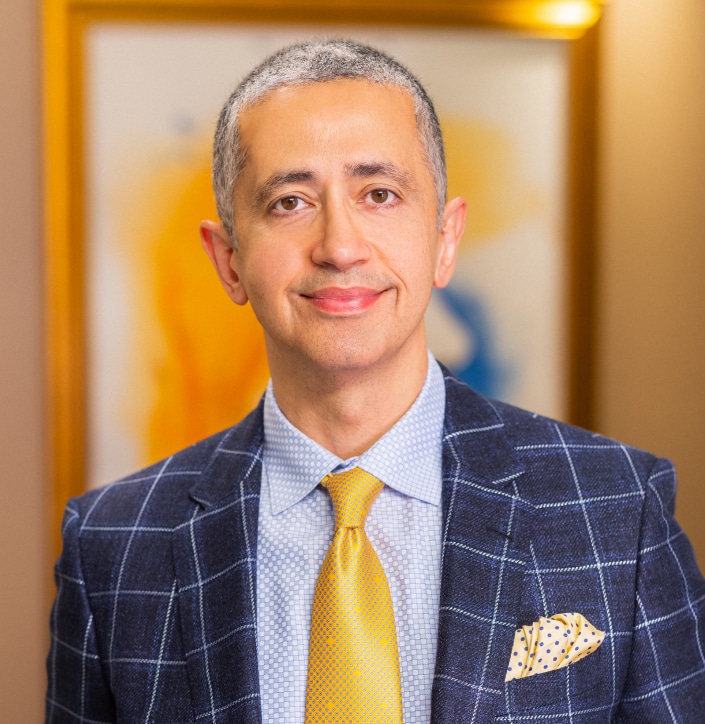
Otoplasty FAQs
Is otoplasty right for me?
If you are healthy and looking to improve the appearance of protruding ears, otoplasty may be right for you.
At what age can otoplasty be performed?
Dr. Naderi performs otoplasty on patients over the age of five, before the child has started school to avoid teasing and embarrassment.
What does a consultation for otoplasty entail?
During a consultation for otoplasty, Dr. Naderi will examine your ears, thoroughly discuss medical history, and discuss your goals. All aspects of the otoplasty surgery will be explained, including the technique, the anesthesia, the facility, the recovery, the risks, the costs, and so on.
Where is otoplasty performed?
Dr. Naderi performs otoplasty at INOVA system hospitals, including Fair Oaks Hospital and Surgical Center, Reston Surgical Center, and Suburban Outpatient Surgical Center.
What type of anesthesia is used for otoplasty?
Local anesthesia or MAC (monitored anesthesia care) may be used for otoplasty although general anesthesia may be safer for children.
Is otoplasty very painful?
No, otoplasty is not very painful for the vast majority of patients. The procedure is performed under local anesthesia or MAC (monitored anesthesia care), and patients typically report minimal discomfort after surgery. Our surgery center also ensures that all our procedures are done with the highest level of safety and comfort for our patients.
Who specializes in otoplasty at The Naderi Center?
Otoplasty is performed by Dr. Shervin Naderi, a facial plastic surgeon who specializes exclusively in face and neck surgeries. His refined technique helps patients achieve better ear symmetry and natural ear contouring.
What otoplasty office is near me?
If you live in the states of Virginia or Maryland, The Naderi Center for Plastic Surgery and Dermatology offers otoplasty and earlobe repair among its services. For a full list of services, please visit our Locations page.
What causes protruding ears?
- Trauma
- Genetics
- Underdeveloped, effaced, or absent antihelical fold
- Overdeveloped and/or excessively deep conchal bowl
- Prominent mastoid process; may be unilateral or bilateral
Do You Accept Insurance?
Yes, we accept medical insurance. Please note that our surgeons are typically out-of-network providers. Verify your benefits—including Medicaid, TRICARE, or other plans—with your insurance company before scheduling your consultation.
